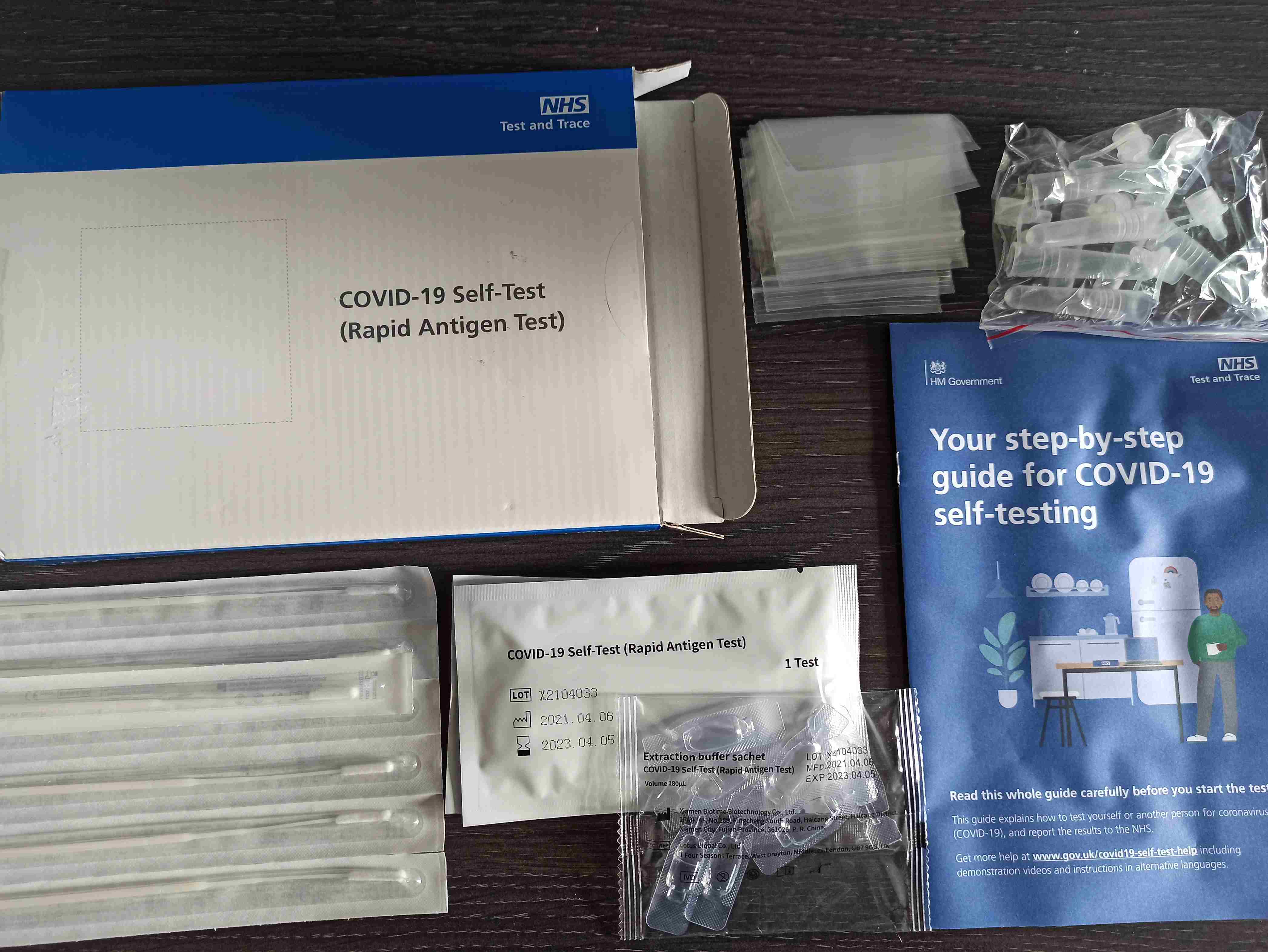A new COVID-19 variant is spreading in several countries, bringing slightly different symptoms compared to earlier strains. Although the illness remains mostly mild, health experts are paying close attention due to the variant’s quick spread and unusual symptom pattern.
Nicknamed “FLiRT”, this variant comes from the Omicron family. Many people infected with it report sore throat, nasal congestion, sneezing, fatigue, and mild headaches. These symptoms often resemble those of the common cold or allergies, which makes it harder to identify without testing.
Tested for COVID-19 in Your Area (CDC.gov)
Dr. Maria Van Kerkhove from the World Health Organization (WHO) said the variant isn’t causing more severe illness. However, she warned that it still poses risks for people with weaker immune systems. “We’re seeing more cases in some regions. Most are mild, but those with health issues should remain cautious,” she explained.
Unlike previous strains, this variant rarely causes fever, loss of taste or smell, or shortness of breath. Since these classic COVID signs are now less common, many people may not realize they’re infected.
The Centers for Disease Control and Prevention (CDC) has urged people to test themselves if they feel unwell. “If you have cold-like symptoms, test for COVID—especially before visiting older adults,” advised a CDC spokesperson.
Vaccines still protect well against serious illness from the new variant. Health officials continue to encourage booster shots, especially for older adults and people with medical conditions.
Although governments haven’t brought back restrictions, doctors recommend staying careful. Wash your hands often. Wear a mask in crowded indoor places. If you feel sick, stay home and avoid contact with others.
COVID-19 may not dominate headlines like it once did, but it continues to evolve. This variant reminds us that staying alert is still important.
Early testing and smart precautions can help stop the spread. A little care can go a long way.

















+ There are no comments
Add yours